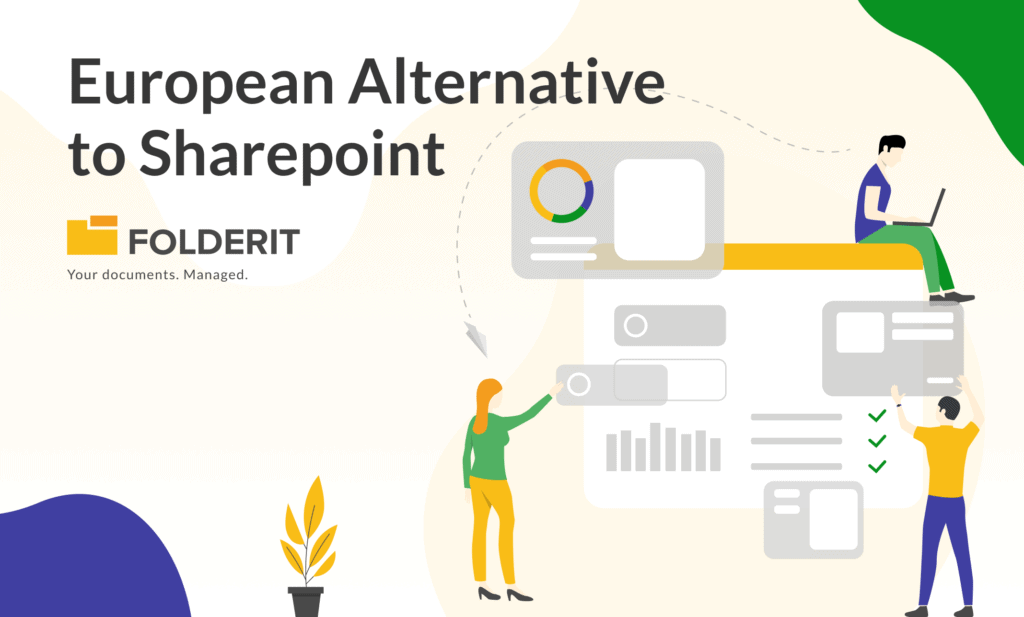The convergence of technology and sustainability is the future. As organizations globally strive to align their operations with Environmental, Social, and Governance (ESG) principles, cloud computing emerges as a potent ally.
This technology not only revolutionizes business operations but also significantly contributes to sustainable business practices. In this article, we delve deep into the myriad benefits of cloud computing in fostering ESG and sustainable business practices.
1. Environmental Stewardship through Cloud Computing
Energy Efficiency
Cloud computing is fundamentally more energy-efficient compared to traditional IT setups. By centralizing computing resources in data centers with advanced cooling systems and energy management protocols, cloud computing minimizes energy consumption, thereby reducing the carbon footprint of businesses. Moreover, cloud providers often utilize renewable energy sources, further mitigating environmental impacts.
Resource Optimization
Cloud computing promotes optimal resource utilization by allowing businesses to use computing resources as per their needs, avoiding over-provisioning. This “pay-as-you-go” model not only saves costs but also prevents the wastage of energy and resources, aligning with the environmental pillar of ESG.
Promoting Circular Economy
Cloud computing encourages a circular economy by extending the life cycle of hardware through virtualization. It allows for the efficient use of physical resources, reducing the need for manufacturing new hardware and minimizing waste.
2. Social Responsibility and Cloud Computing
Facilitating Remote Work
The cloud facilitates remote work, which has social benefits such as reducing commuting time and promoting work-life balance. Moreover, it enables organizations to hire diverse talent globally, fostering inclusivity and equality in the workplace.
Enhancing Data Security
Cloud providers invest heavily in securing their infrastructure, ensuring data protection and privacy. This commitment to data security aligns with the social responsibility aspect of ESG, safeguarding stakeholders’ sensitive information.
Promoting Education and Skill Development
Cloud computing offers platforms and tools for online education and skill development. It enables access to quality education resources globally, promoting social upliftment through knowledge dissemination.
3. Governance Enhancement with Cloud Computing
Transparent Reporting
Cloud computing facilitates transparent and real-time reporting, a critical aspect of governance in ESG. Organizations can easily track and report their sustainability initiatives, enhancing transparency and accountability.
Compliance Management
Cloud providers adhere to various international and regional compliance standards, assisting businesses in meeting their regulatory obligations efficiently. This adherence to compliance standards is a vital aspect of governance in the ESG framework.
Enhancing Business Resilience
Cloud computing enhances business resilience by providing robust disaster recovery and business continuity solutions. This resilience is a testament to sound governance, ensuring business stability even in the face of unforeseen challenges.
4. Cloud Computing: A Catalyst for Sustainable Business Practices
Facilitating Green Innovations
Cloud computing serves as a fertile ground for green innovations. Companies can leverage cloud platforms to develop and deploy applications that promote sustainability, such as smart grid solutions for energy management or apps that encourage responsible consumption.
Democratizing Access to Technology
By offering scalable and affordable solutions, cloud computing democratizes access to advanced technology, enabling even small and medium enterprises to adopt sustainable business practices. This inclusivity fosters a broader adoption of ESG principles across the business spectrum.
Encouraging Collaborative Efforts
Cloud computing encourages collaborative efforts towards sustainability. Businesses can easily collaborate with stakeholders, NGOs, and governmental organizations through cloud platforms, fostering partnerships that drive positive social and environmental change.
5. Integrating Cloud Computing with ESG Goals: A Case Study of Folderit
As businesses globally are embracing the cloud’s potential in fostering ESG goals, platforms like Folderit are at the forefront of this transformation. Folderit, a cloud-based document management system, exemplifies how cloud computing can be leveraged to promote sustainable business practices.
By offering features like the Acknowledgment Workflow, Folderit ensures streamlined and efficient document management, reducing the need for paper and minimizing waste. Moreover, its secure and compliant infrastructure guarantees data protection, aligning with the governance aspect of ESG.
Furthermore, Folderit’s commitment to facilitating remote work aligns with the social pillar of ESG, promoting inclusivity and reducing the environmental impacts of commuting. By fostering a culture of transparency and accountability through its robust reporting features, Folderit contributes to enhancing governance standards in the business ecosystem.
Steering Towards a Sustainable Future with Cloud Computing
The integration of cloud computing with ESG principles is not just a strategic move but a necessary step towards a sustainable future. The cloud offers a plethora of opportunities to align business operations with environmental conservation, social responsibility, and robust governance.
Companies embracing cloud computing are not only optimizing their operations but also contributing to a larger movement towards a sustainable and inclusive global economy. As illustrated by platforms like Folderit, the cloud serves as a powerful tool in the realization of ESG goals, fostering a business landscape that is both progressive and responsible.



